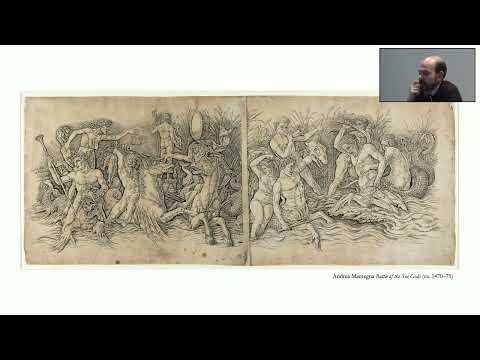
Towards Architectural Freedom
There have long been affinities between the Architectural Association and Warburg Institute. These chimerical hubs of Bloomsbury are purposefully imaginative spaces, with particular institutional arrangements, and unusually loyal followings, ‘outsiders’ sustaining deep influence. What principles underlie the mutual interest? What possibilities could collaboration hold?
Perhaps both institutions dabble in academic anarchism: foregrounding autonomy, deliberation, and prefiguration, while scrutinising disciplinary trappings and over-professionalisation. Perhaps this way of thinking and making also affords the freedom to reconsider foundational knowledge about the social nature of both art and architecture. To assess this premise, building on the outcome of weekly discussions at AAxWarburg seminars, this talk refines the anthropological registers through which one can understand how the Warburg and the AA have existed beside each other, while charting how they might collaborate, towards rethinking the interaction between ideas, buildings, and society. Along the way, we sketch the framework for a mutualistic theory of architectural freedom.
Nicholas Simcik Arese is Chair of History and Theory at the AA. He was formerly Assistant Professor of Global Urban Studies at the University of Cambridge and Research Affiliate at the Department of Anthropology, University of Oxford. He is an ethnographer and architect who combines economic anthropology and legal geography to understand how people repurpose planned cities. His monograph on the political creativity of squatters in suburban Cairo and an edited volume titled Experimental Properties are forthcoming.